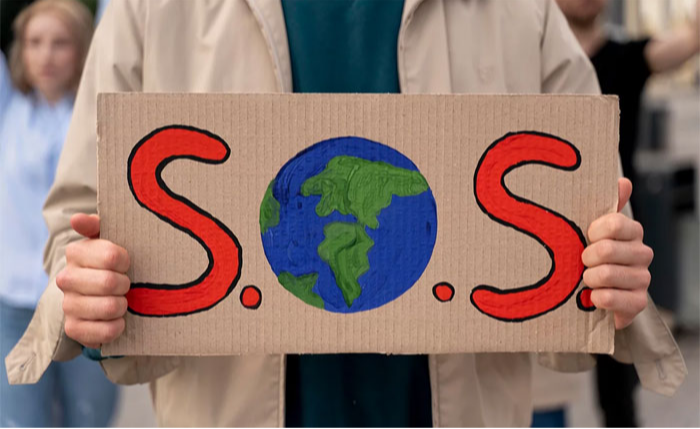
By María Josefina Arce
The floods caused by heavy rains in Brazil that have left more than 140 dead, the energy crisis in several Latin American nations due to low rainfall and the high temperatures recorded in others have once again brought climate change to the fore.
Although there are still many who minimize this phenomenon due to economic interests, the truth is that meteorological events are increasing more and more, gaining in strength and causing numerous human losses and considerable material damage.
The World Meteorological Organization noted, in its latest report, that the El Niño phenomenon and climate change caused a record number of meteorological events in the region in 2023.
Last year, according to the organization, 67 episodes of disasters were recorded, from storms, floods, droughts that led to forest fires, to the decrease in the water level in the Panama Canal.
And 2024 also presents serious challenges. Experts predict an active hurricane season throughout the Atlantic Ocean basin, which begins on June 1 and ends on November 30.
It is estimated that about 20 tropical storms will form and eleven of them could become hurricanes. Of this figure, 4 could be developed in the Caribbean Sea and two in the Gulf of Mexico.
Without a doubt, the world is facing a climate crisis that affects the health of millions of people. We have already seen the increase in dengue cases in South America due to high temperatures, to which are added the floods in recent weeks, which favor the proliferation of the Aedes Aegypti mosquito.
Furthermore, food security, sustainable development and the eradication of poverty worldwide are at risk. In 2022, between 691 and 783 million people on the planet were hungry and one of the causes is climate change.
It has been reiterated more than once that the commitments acquired in international meetings cannot remain on paper. The industrialized North, the largest emitter of greenhouse gases that lead to global warming, should take its responsibility seriously and cooperate with developing nations to mitigate the effects of climate change, and assist in an energy transition.
The clock is ticking and the world is on the brink of a climate catastrophe. Experts point out that we have the knowledge, technology and resources, but there is not enough political will or solidarity to stop the current situation.

